|
When it comes to improving your health, you simply cannot ignore your habits. Dieting fails for many reasons, but none more so than the fact that people fail to develop the necessary habits to maintain their health once their initial motivation to change is lost.
Obviously, the content of our food doesn’t change at the strike of 6pm, but our habits do, and it’s this understanding of people’s behaviours, as well as how the body works which has led me to believe that there’s some truth in the fact that eating carbohydrates after 6pm does increase the likelihood of weight-gain.
0 Comments
I’m not going to lie, but I desperately wanted to be the ‘Diet Coke guy’ in the TV ads growing up and I still love the odd Coke Zero or Pepsi Max, but one of the main questions I get asked a lot when it comes to fasting is; ‘can I drink diet sodas whilst fating?’
The past few months have shocked the world and unearthed many concerns, but none more so that who is most vulnerable and at risk.
When we were kids, we adored our pre-bed routine. However, our parents didn’t develop this routine for fun, they understood its necessity for getting us ready for bed, both mentally and physically.
We’ve all read about how the most successful people in the world start their days, and how much this impacts their day, yet what they fail to tell you is that we ALL a routine, some are just more effective than others.
During a perfect night’s sleep, we’d go through roughly five cycles of 5 stages while asleep.
Humans haven’t always been monophasic sleepers - we used to divide our sleep into two-phases over a 24-hour period (biphasic sleeping). History describes periods of wakefulness during the late night or twilight, where people would wake for a few hours to study the bible, socialise or make love, before returning to sleep for the second phase.
I didn’t really focus on my first ever client’s sleep to be honest, well not outside of telling to “try to get enough sleep” so they’d have more energy to train with me.
I had the perfect training and nutritional plan all lined up for them but NOTHING on sleep, other lifestyle factors or general habits – even though I was training them between 6-7 am 3 days a week. We’ve all known for a while now that NY resolutions (NYR) don’t work, yet we still come up with a few wishes every year in the hope that they finally stick. The history of NYR is pretty shady but it’s believed to have started with the Babylonians who reportedly made promises to the gods in hopes they'd earn good favour in the coming year. Nowadays it’s usually about favouring ourselves – lose weight, make more money, be happier etc.
Many of my clients are busy individuals – from the time-poor new parent to the full-time worker looking after their family – which means I MUST make sure that EVERY healthy habit I have them put in place, produces the biggest bang for their buck.
Decision fatigue is the deterioration of our ability to make decisions - decisions which ultimately determine our success.
Minimalism is very popular at the moment and for great reason if you ask me. I’ve been living a more minimal and essential lifestyle for the past year and I can’t explain how much it’s helped me. Living with less decreases the amount of decisions you have to make and frees up time and energy – something we all crave. Essentialism is a form of minimalism, but instead of focusing on how to live with less, you learn to identify what’s necessary – regardless of quantity.
Our environment is geared to stimulate excess energy consumption and decrease our incidental exercise. Both of which promote unhealthy weight-gain, which is associated with poorer health-related quality of life, shorter life-span and chronic disease.
I recently watched a BBC documentary called ‘Big in The Valleys’, which documented the struggles of obese individuals living in the Welsh Valleys, who were trying to lose weight and improve their physical and mental health markers (like cholesterol, blood pressure and anxiety levels). What would you say if I could help you free up a few extra hours a day? Extra time to spend with your family, go to the gym or simply more time in bed so you can perfect your sleep?
My clients and I manage to achieve our goals without counting calories, and so can you.
For years, health and fitness professionals have told us we need to count calories in order to lose weight, but they’re wrong. Not only are they wrong, but they’re blind to their error —they just keep feeding us a weight-loss dogma that clearly doesn’t work, and it diminishes people’s hope of ever finding the lifestyle they desperately crave. For years, people have been using alcohol as a way to destress and sleep, yet for years our sleep problems have persisted. Maybe it’s time we ask ourselves if alcohol really helps?
How many times have you promised to start tomorrow?
When it comes to initiating change, tomorrow is a fool’s paradise as tomorrow is a black hole of good intentions. Sleep, water and caffeine are the perfect fat-loss trio everyone needs in their life.
There’s a reason why sleep is the first pillar in my foundations. Not only is it the most underrated and under-utilised fat-loss and health strategy available, but by simply improving it, you can positively affect your mood, cognitive function, training and food choices. Research[1] shows that adherence is influenced by the level of difference between the intervention (new habits) and the individual’s baseline (old habits), indicating that it’s better to progress, only once the change has become the norm.
Snacking is unnecessary and hinders most people’s health and fitness goals.
We’ve been told to constantly eat in order to keep our metabolism healthy, yet snacks are rarely nutritious, and often energy-dense and sugar and carbohydrate rich. All of which cause more problems than the one they’re intended to support. |
AuthorsJC and The Nutri-Team Archives
November 2020
Categories
All
|
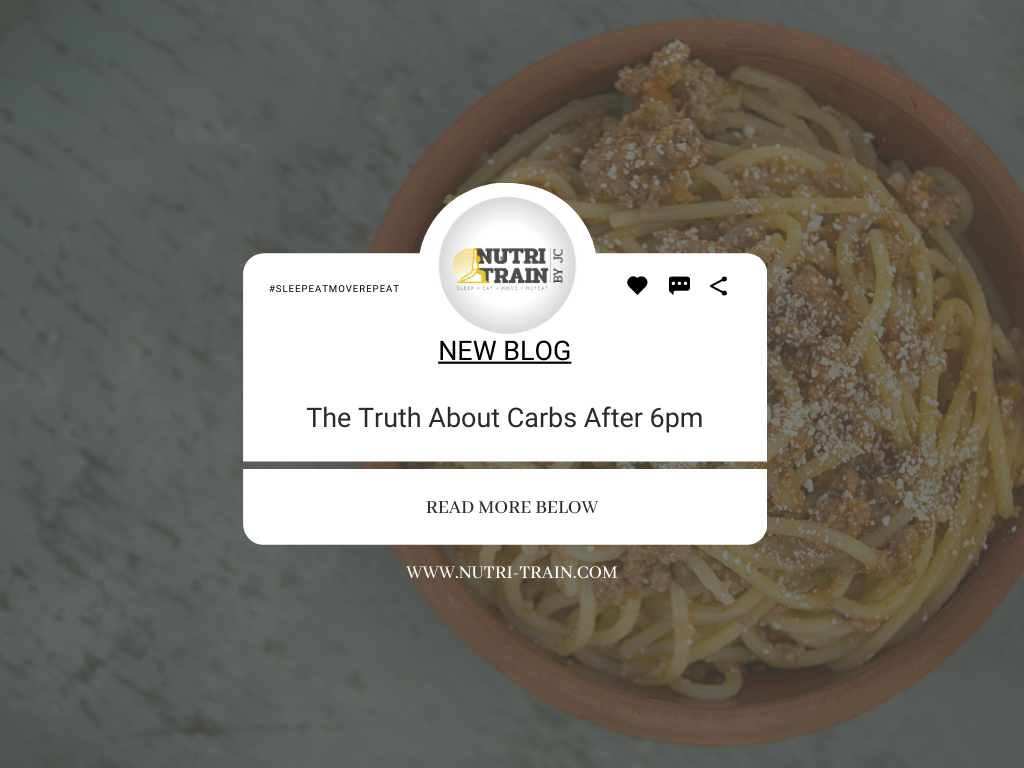
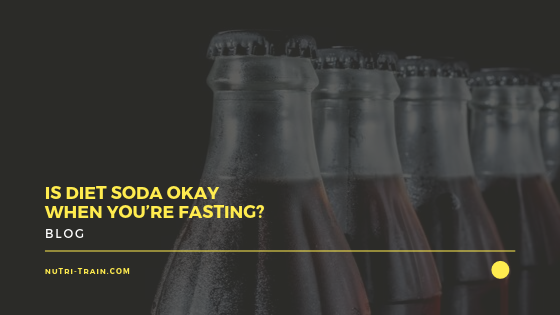
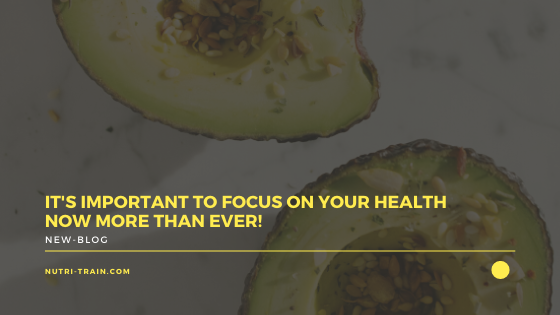
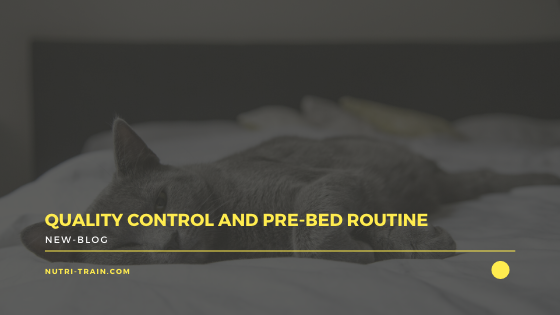
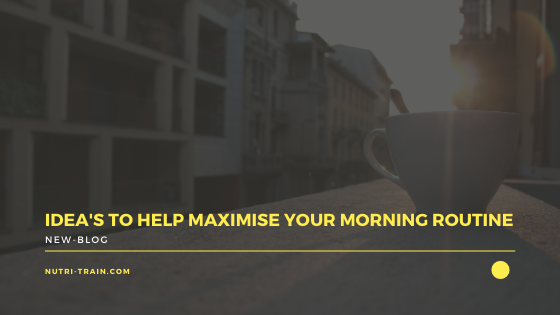
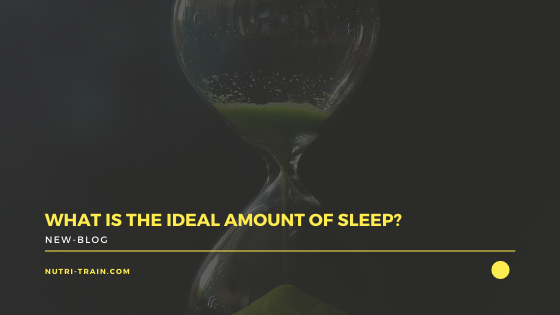
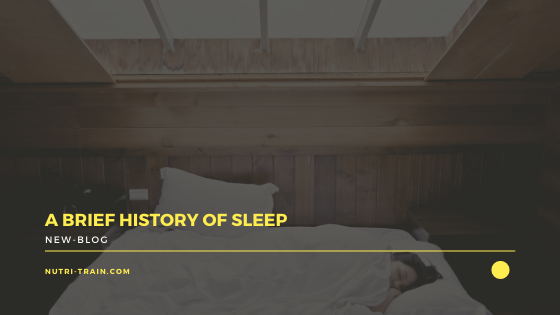
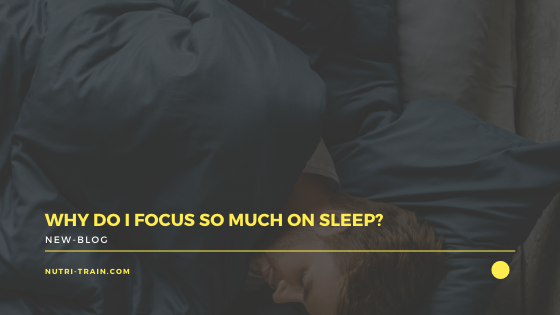
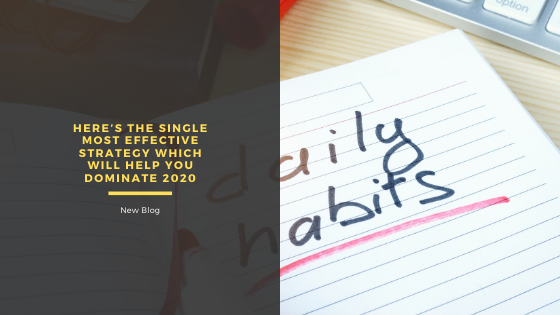
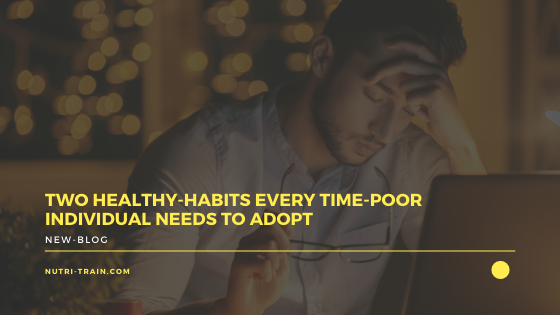
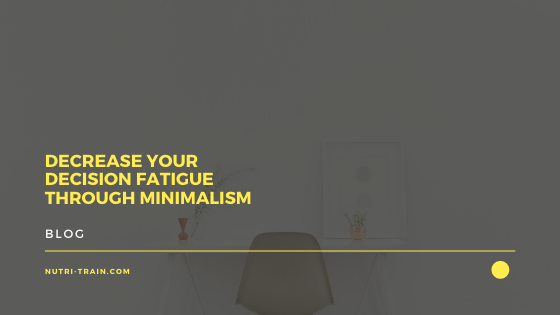
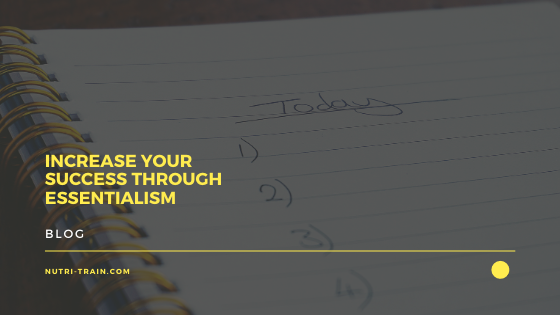

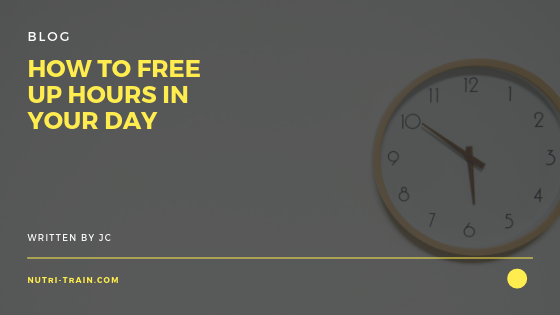
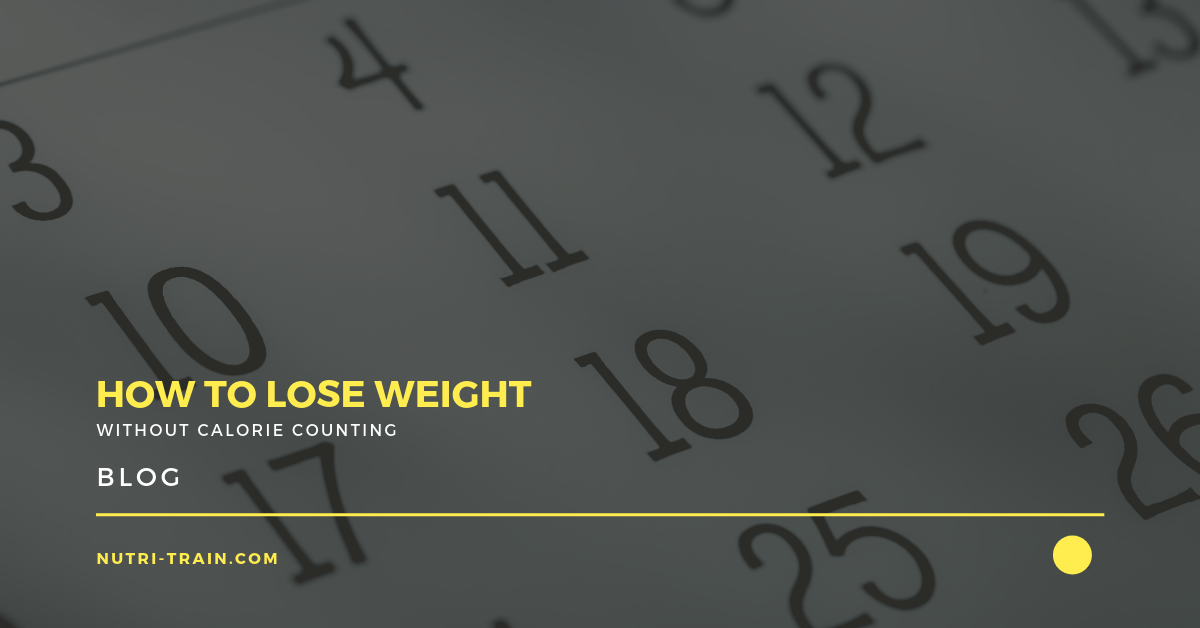
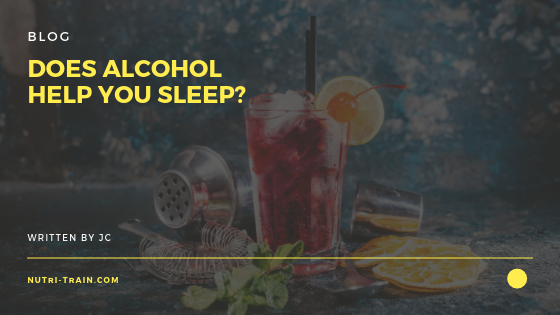
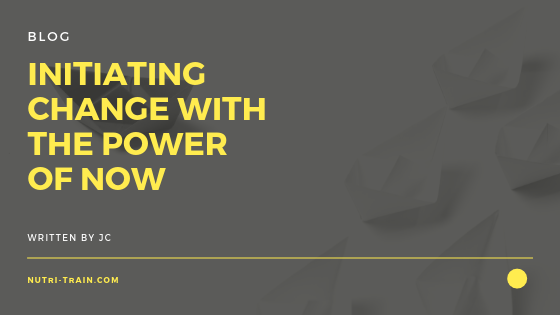
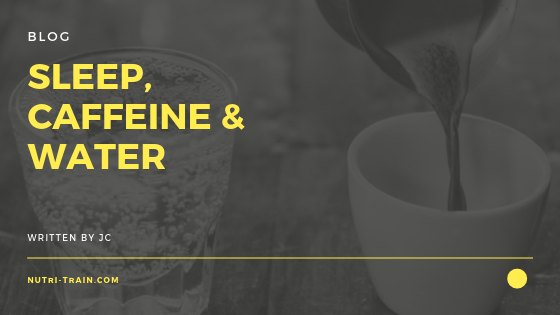
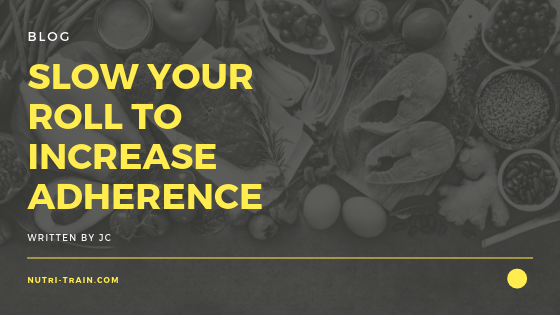
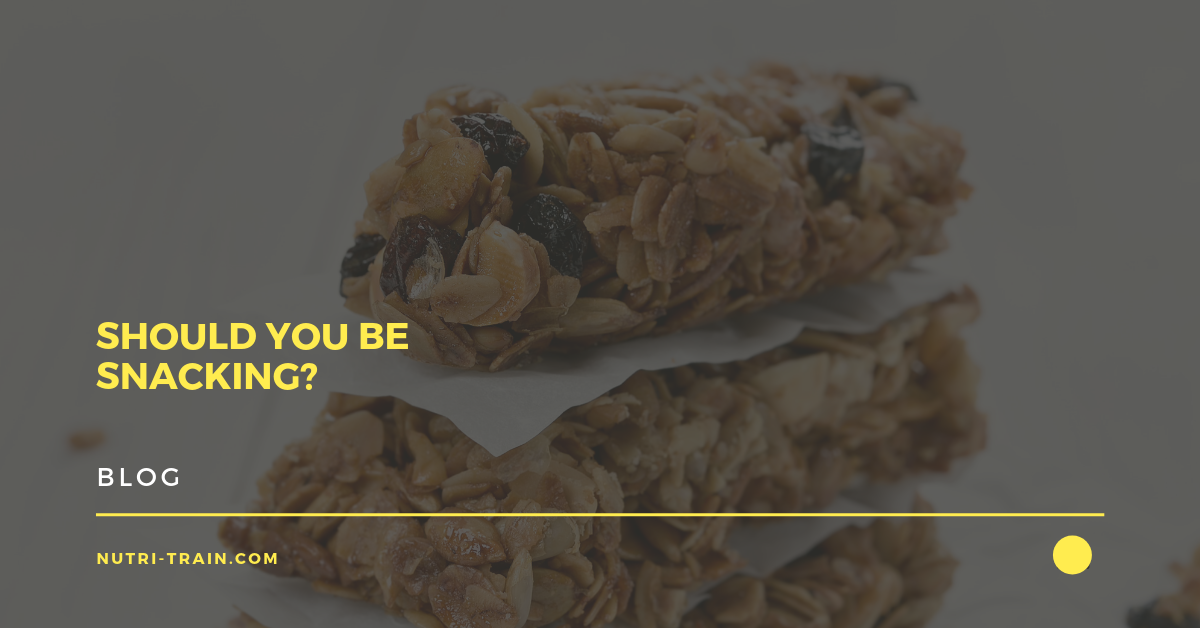
 RSS Feed
RSS Feed
